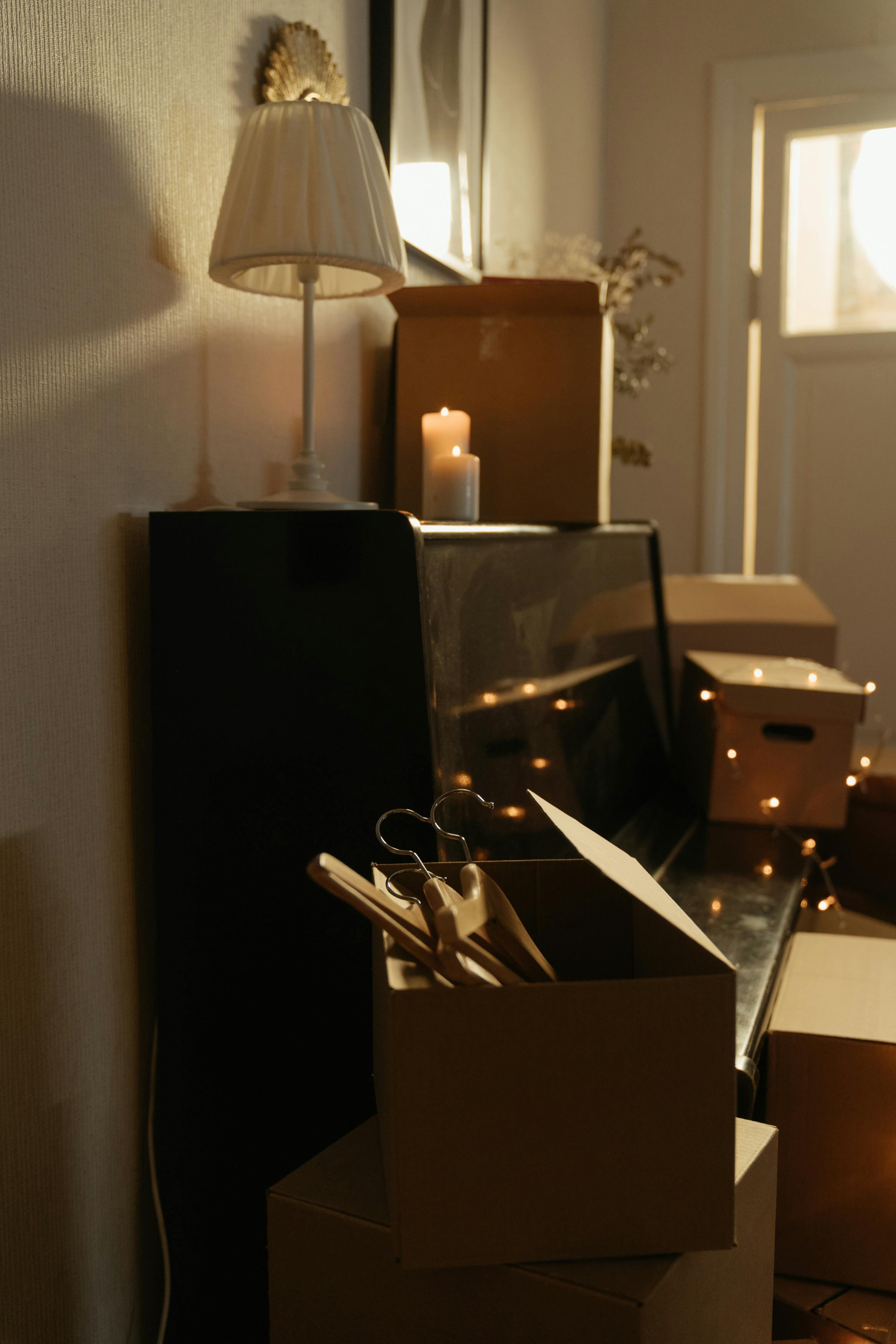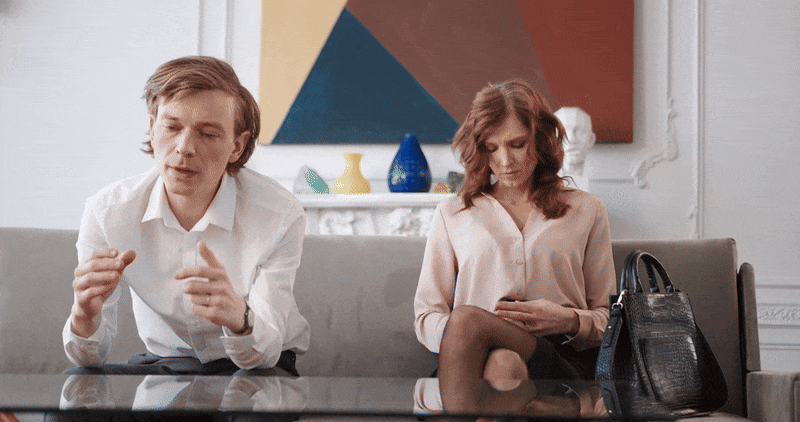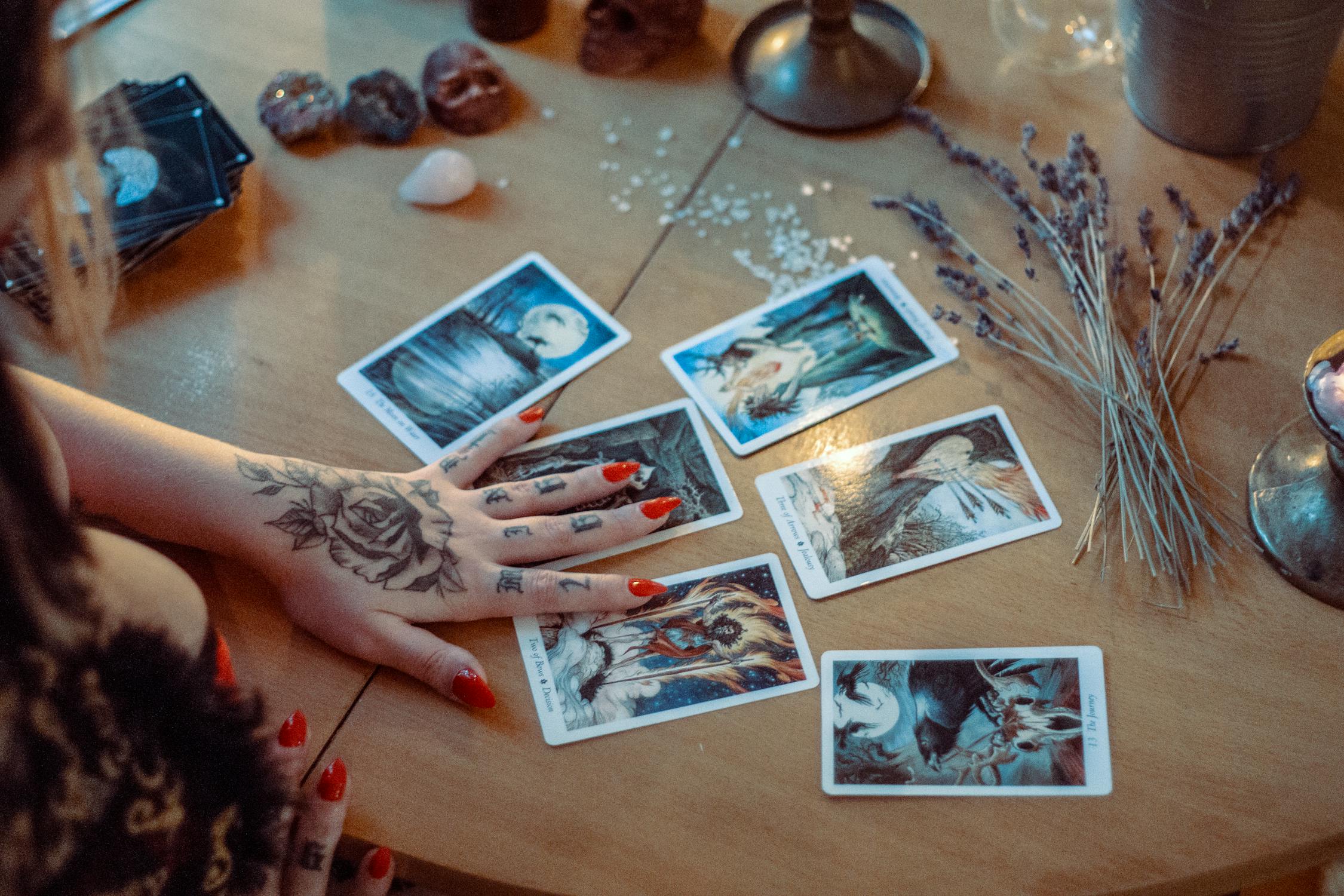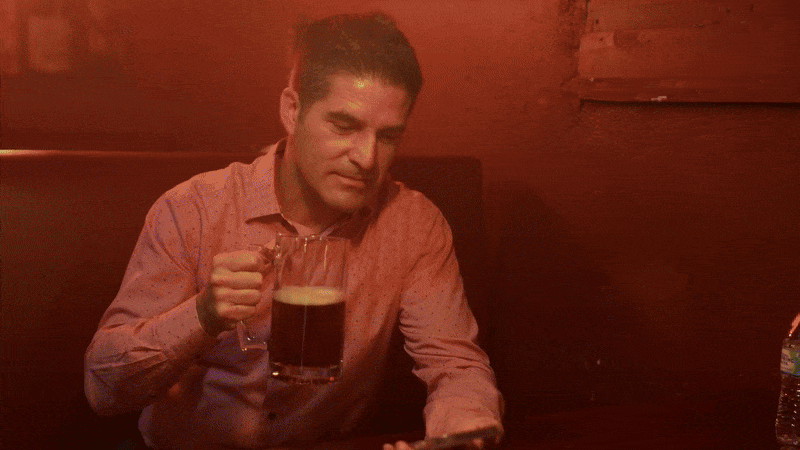The Anchor of Our Things: How Your Keepsakes Can Hinder Your Growth
Across the U.S., storage facilities are packed with items that hold immense sentimental value—handmade gifts, family heirlooms, love letters, and even risqué photos that once stirred our passions. These cherished keepsakes, while seemingly harmless, can become emotional anchors, weighing us down as we try to move forward in life. But beyond the nostalgia lies a deeper question: At what point do these mementos hinder, rather than enrich, our lives?

In many cases, these sentimental items stay out of sight, tucked away in storage units. You’d be shocked to know how many Americans pay hundreds, even thousands, of dollars annually to keep them out of their homes. A friend of mine came dangerously close to divorce when his partner realized that they had spent over $40,000 in storage fees over the years. The couple had been storing old furniture, inherited china, childhood artwork, and love letters they hadn’t looked at in years. Yet, the emotional attachment made it difficult to part with them.
The Emotional Hoard
Hoarding sentimental items is different from classic hoarding. While most of us would balk at the idea of piling up trash or random objects, we justify keeping emotionally charged items, believing that they hold irreplaceable memories or are a vital link to our past. This becomes an even more awkward affair when these keepsakes aren’t hidden away in a storage unit but are instead scattered around our homes, constantly present but rarely appreciated.
It's not just about clutter, either. The psychological weight of holding onto these things can affect more than just physical space. Items that once held deep significance—whether a child's first drawing or an old flame’s letters—may no longer resonate with who we are now. Yet, their mere presence ties us to past versions of ourselves, to relationships long gone, and to memories we no longer wish to revisit.
The Design Dilemma
One of the biggest challenges comes when sentimental clutter clashes with our modern lives. Our homes have evolved in both form and function, often favoring minimalist, sleek designs that evoke peace and simplicity. Yet, here we are, surrounded by mismatched trinkets, antique furniture, and outdated décor that holds emotional significance but has no place in the aesthetic we've crafted with care.
For couples or partners, this issue can often escalate into bigger conflicts. Imagine your carefully designed living room, boasting clean lines, modern art, and curated furniture, suddenly invaded by a dusty rocking chair from your partner's childhood, or a collection of knick-knacks that belonged to a distant relative. The dissonance isn't just in style—it becomes an emotional battleground of what stays and what goes, leading to tension and frustration.
Storage: A Temporary Solution or a Trap?
Many people, faced with the challenge of what to do with these items, choose the seemingly easier route: storage units. This keeps the peace at home and allows them to avoid making tough decisions. But as in the case of my friend, the costs can spiral out of control. A few years turn into decades, and soon you realize you’ve spent tens of thousands of dollars on keeping things you don’t even use or want.
Yet, for some, these storage facilities act as emotional purgatory. They're a way to defer decisions, to hold onto the past without it cluttering your present. However, the longer you keep things stored, the harder it becomes to let go, because the investment of time and money seems too large to "waste."
Letting Go: An Act of Growth
What many don’t realize is that letting go of these keepsakes isn’t about forgetting the past. Instead, it’s about freeing yourself to grow into the future. We often tie so much of our identity to things—whether it’s an old letter or a piece of furniture—but who we are isn’t defined by what we keep.
The emotional attachment to keepsakes often stems from a fear of loss, not just of the physical item but of the memory or the person it represents. Yet, by freeing ourselves from these objects, we open up space—not just physically but emotionally—for new experiences, new relationships, and new memories.
For some, the act of purging is difficult, and it can feel like a betrayal to our former selves or loved ones. But reframing this as an act of growth rather than loss can make the process easier. You are not betraying your past by letting go; instead, you are making room for the person you’ve become.
Finding Balance
Of course, letting go doesn’t mean you need to get rid of everything. The goal isn’t to erase your history but to be intentional about what you choose to keep. Here are some ways to find a healthy balance:
-
Prioritize Quality Over Quantity: Instead of holding onto boxes of old letters, choose a few that mean the most to you. Keep the items that spark true joy or significance and let the rest go.
-
Digitize What You Can: For those who struggle with parting from photographs, letters, or documents, consider digitizing them. It allows you to keep the memory while reducing physical clutter.
-
Repurpose or Display Key Items: If something holds deep sentimental value but doesn’t fit in with your current life, consider repurposing it. Can you take that antique piece of furniture and give it a modern twist? Or maybe display a single meaningful item instead of holding onto a collection.
-
Involve Your Partner: If you’re in a relationship, be open with your partner about the emotional significance of certain items. Work together to find a compromise that honors your attachment while respecting shared space.
Lightening the Load
Sentimental items will always be a part of our lives, but it’s important to recognize when they start holding us back. As we evolve, so should our relationship with our keepsakes. Growth requires us to loosen the grip on things that no longer serve us and to make space for the person we’re becoming. By doing so, we allow ourselves to move forward unencumbered, ready to embrace the future with open arms—and a clutter-free home.
What's Your Reaction?





























_at_Hillsboro_Road_(Virginia_State_Route_690)_in_Hillsboro%2C_Loudoun_County%2C_Virginia.jpg/240px-thumbnail.jpg)












![Round One of 'Did You Know He Was...Whoite [sic]'](https://news.awc.ac/uploads/images/202409/image_430x256_66eb6319e5d76.jpg)
















